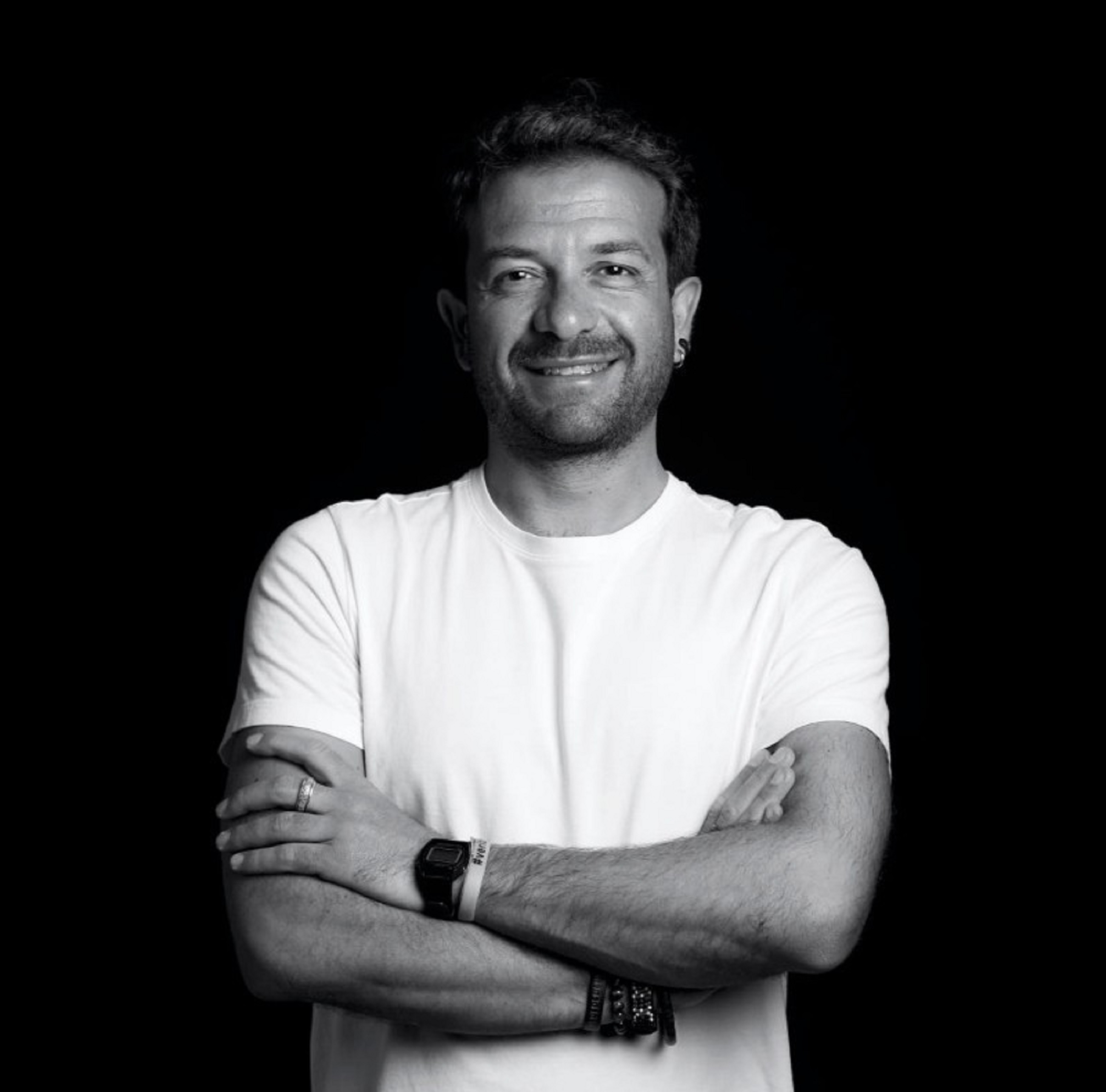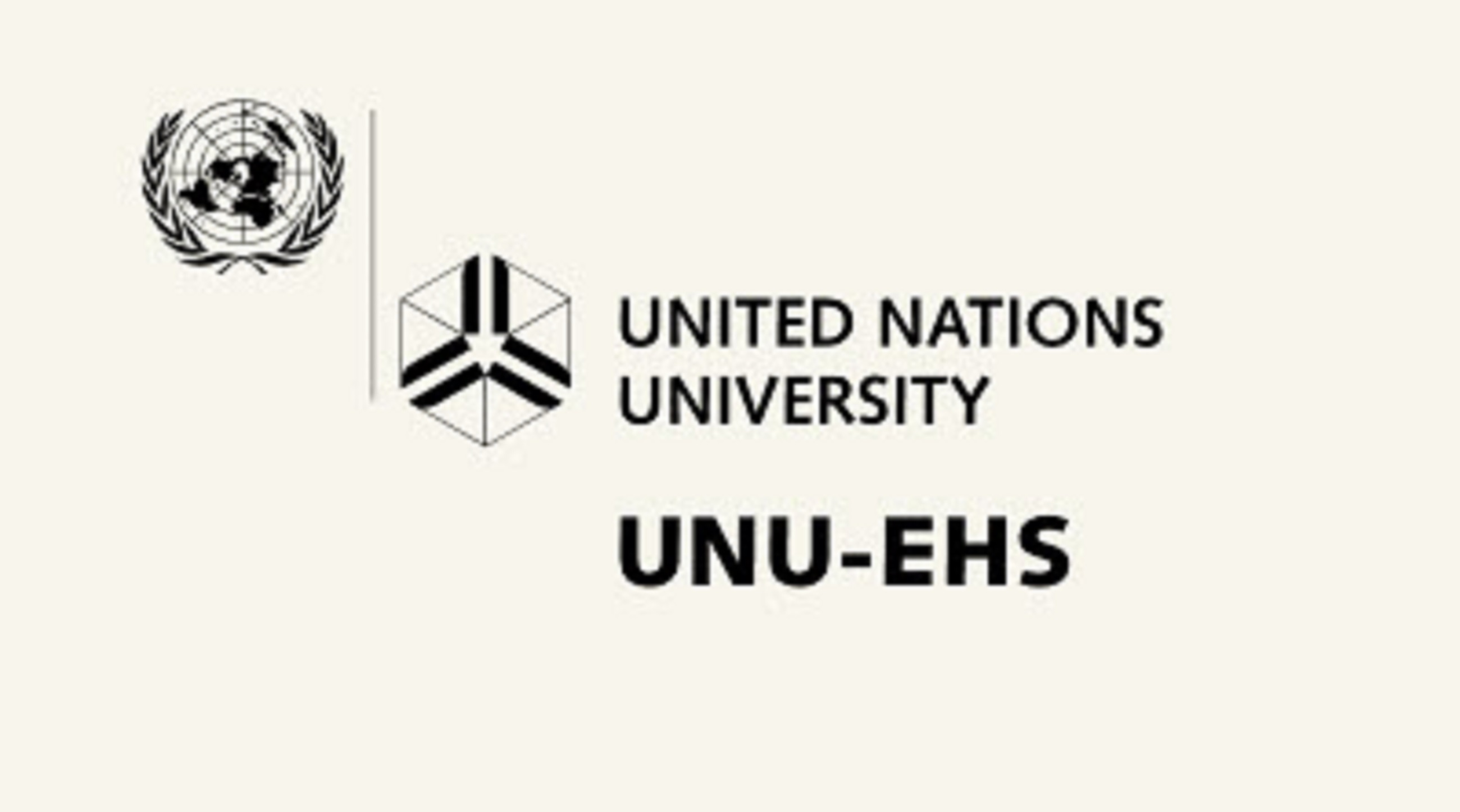
Energy transition and digitalisation – hurdles and opportunities for sustainable development
Climate Academy 2022 - Stage I - Report
12 to 16 September 2022
properties.trackTitle
properties.trackSubtitle
Challenges

Unlike the consumer (who consumes the energy supplied by the energy supplier), the producer-consumer (prosumer) has its own energy production plant.
System conversion: In regions where electrification is well advanced, centrally controlled large grids have often developed. These are designed to draw electricity from a few massive sources and then carry it out to the consumers. In a new intelligent system, a smart grid, this linear relationship needs to be rethought. Through photovoltaic systems on private roofs, but also local biogas plants, community-run wind turbines, etc., consumers become producers. The grid must be newly planned and redesigned.
Investment costs: Even though the prices for renewable energies, especially photovoltaics, have fallen drastically in recent years, they still represent an unacceptable hurdle for many low-income sections of the population. In rural sub-Saharan Africa, which is still often not connected to a grid, energy is often supplied by diesel generators. 600 million people have no access to the "normal" electricity grid. Only 28,7% of the rural population in Sub-Saharan Africa has access to energy on average. The initial costs for a photovoltaic system are still too high compared to the running costs of the generator. Here, the state, NGOs or other actors need to provide more financial incentives to push for a turnaround. Fabio Iannone, Sant'Anna School of Advanced Studies, Italy, gave a presentation on how the concept of renewable energy communities can help.

The understanding of what 'just' means has to be there by all actors. Starting with the government, electricity providers, local political entities, grid operators and ending with the consumer. This is an immense task!
Opportunities

Women-led renewable energy mini-grids have the potential to address the digital divide in the Arab Region.

The potential of digitalisation for sustainable urban planning is immense. If we exploit these better, we will make much faster progress both in climate protection, but also in achieving the SDGs.
The Climate Academy 2022 focuses on the energy transition and digitalisation and their contribution to climate protection. The public part took place from 12 to 16 September. In 8 webinars, around 170 registered participants from all over the world were able to learn updates and news on the topic. The Academy was organised by UNU-EHS, Munich Re Foundation in cooperation with ICLEI and UNFCCC. Besides our project partners, we especially thank Prof. Josef Noll, University of Oslo, who contributed substantially to the content and planning of the programme.
CB, 19 September 2022




